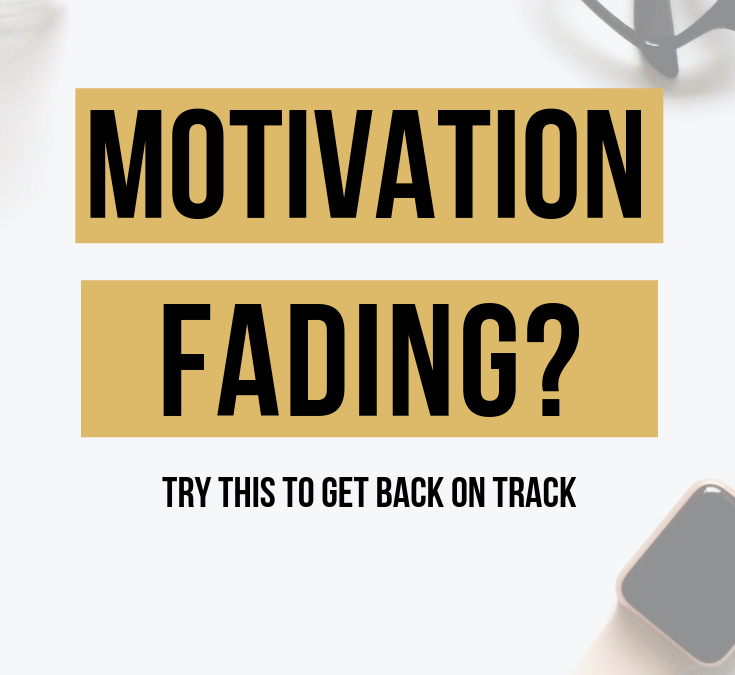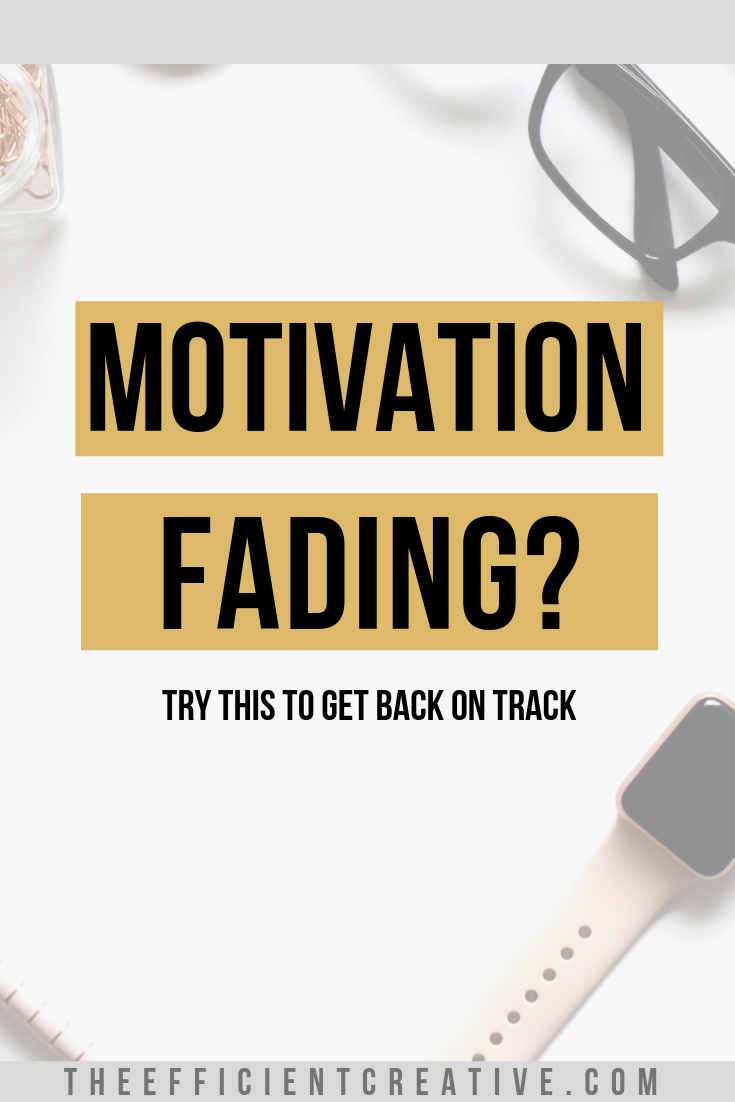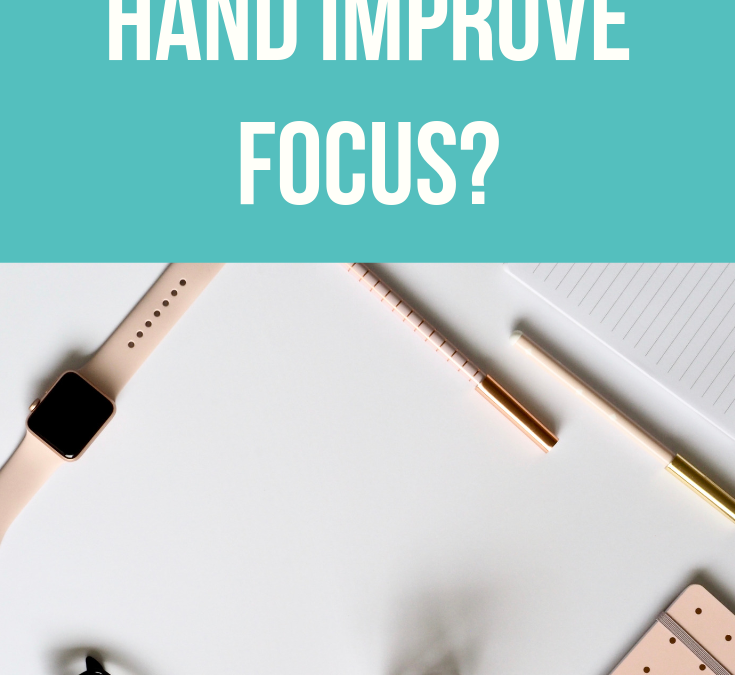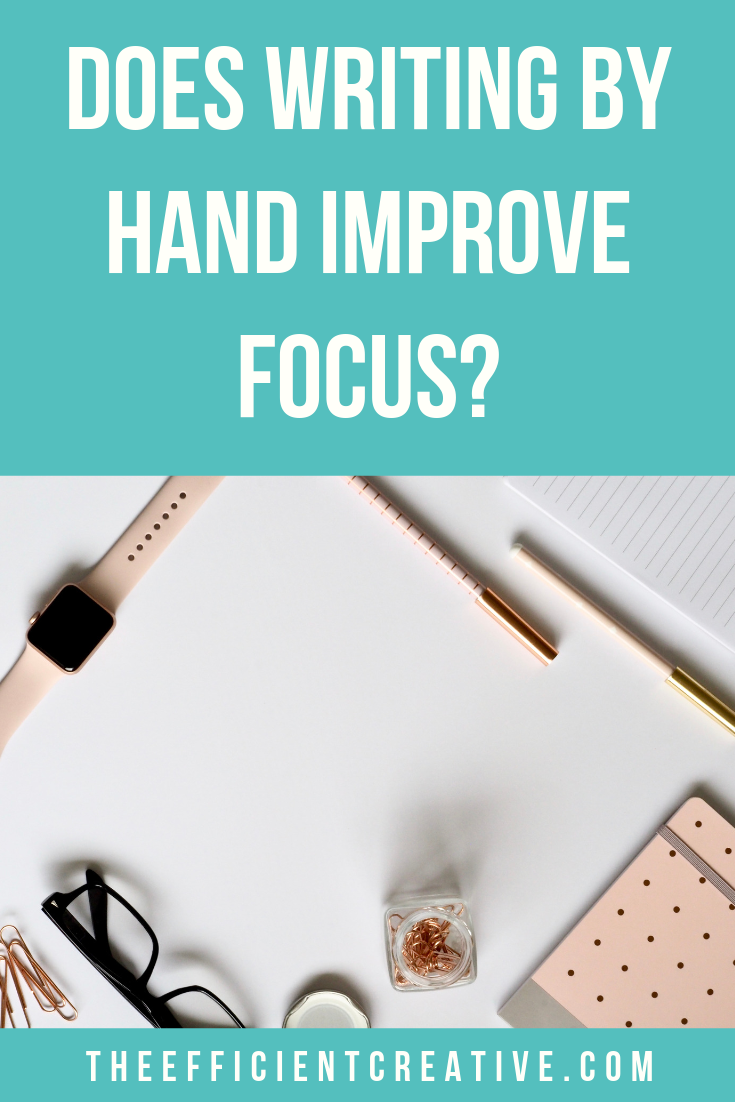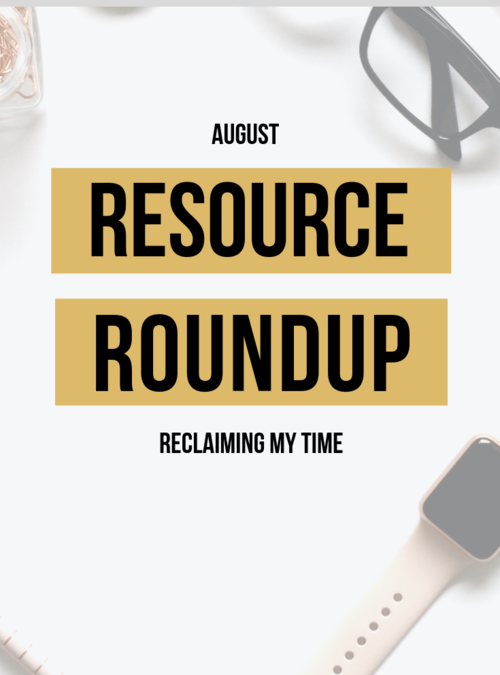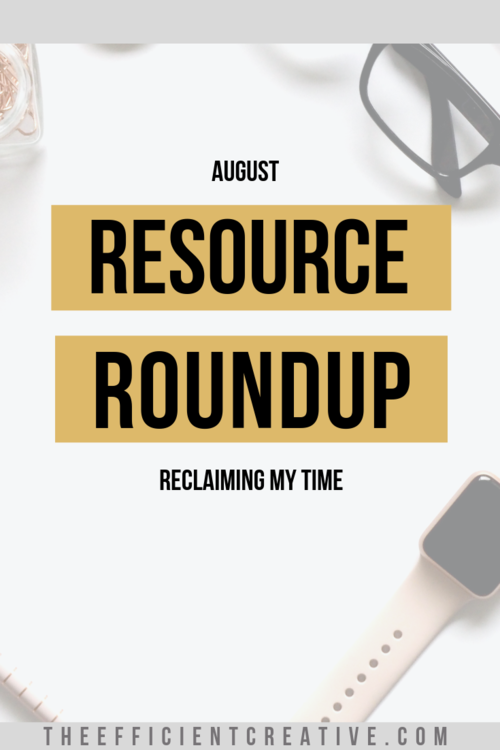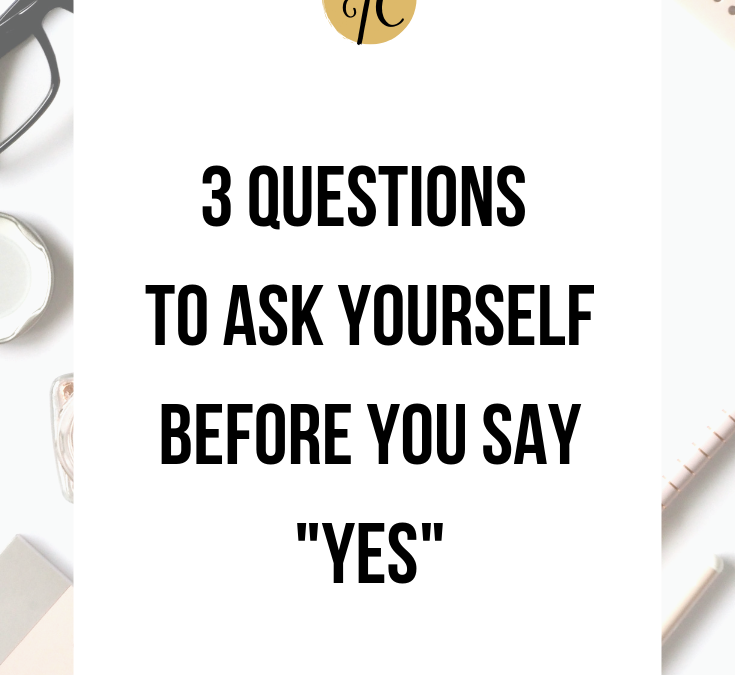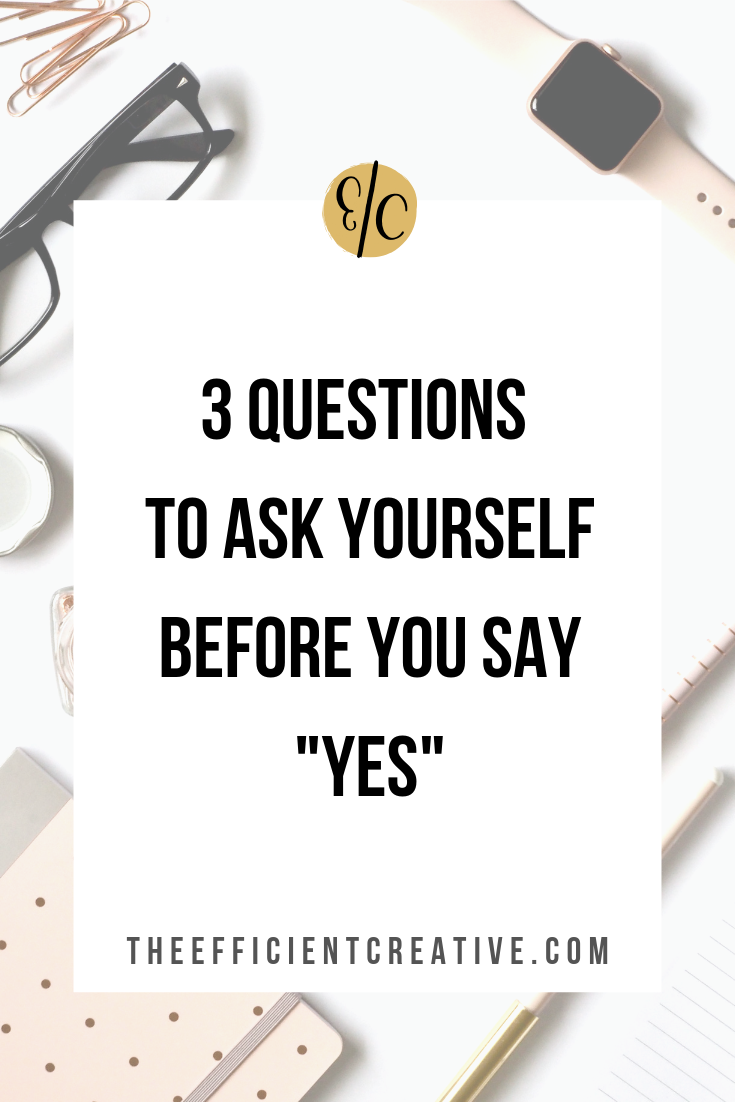
Are you an Obliger in disguise?

By now, you might have heard of Gretchen Rubin and her idea of the Four Tendencies. If you’re not familiar with it, you can learn more about it here. I’ve been a fan of Gretchen Rubin and her podcast (Happier) and her books for a few years, but I’ll admit that I’ve had my issues with her Four Tendencies framework. I don’t really feel like I’m a great fit with any of the tendencies. At times, I’ve felt like I identified as an Obliger, a Questioner, and an Upholder (never a Rebel, though, to the great shock of my youth group Sunday school teachers).
I had kind of decided to give up on the idea of the Four Tendencies, thinking, “It’s obviously not a perfect framework, it needs some polishing… Maybe it’s helpful for some people, but not really for me.” That is, until the last few weeks. Let me tell you about them.
If you’re someone I talk to regularly, then you probably know that the last 3 or 4 months have been pretty tough for me (though, thankfully, it’s all been planned and self-imposed).
I’ve been working a full time job, a part-time retail job, and running The Efficient/Creative, all while trying to spend “enough” time with my kids, “enough” time with my husband, “enough” time on housework, and “enough” time on my responsibilities with my church.
In other words, I’ve been spreading myself waaaaaaay too thin and just trying to squeak by on pretty much every facet of my life.
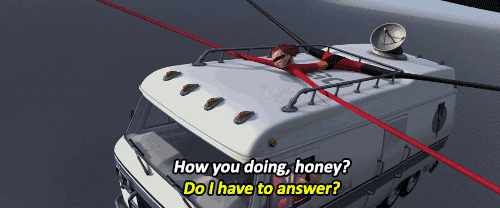
I was talking to my mom a few weeks ago and I told her, “There is not a single day of the week when I’m not burdened by obligations. Every moment of the day is a time when I *should* be doing something, and when I’m doing one thing, I’m thinking about all of the other, unrelated things I also *should* be doing.”
Does this sound like you? Does it sound like a personal hell? Or maybe both?!
The day after that, I had a productivity coaching session with a friend (the amazing Zoha over at Multidoer- I’ve mentioned her here before and if you haven’t checked her out yet, get on that for reals.) As we were talking, I think I used the word “obligation” 17 times in 3 minutes.
Is that, like, a record? Somebody tell me.
Her response? “Um, yeah. You’re an Obliger.” …yes. Yes, I think so.
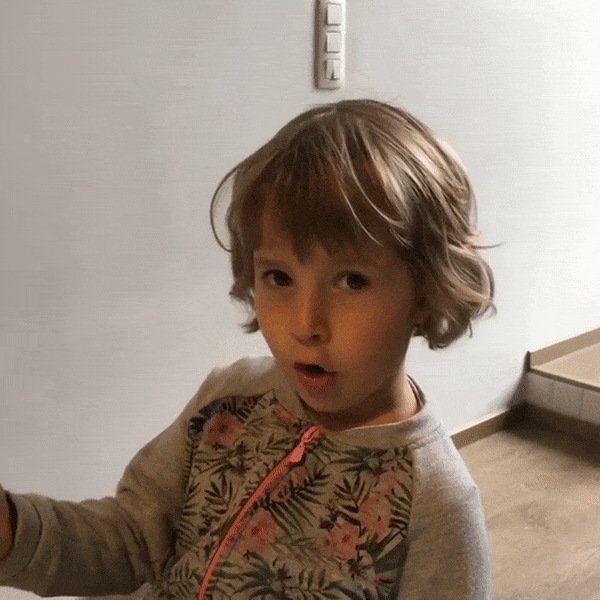
But what does this newfound knowledge mean; why is it important? According to Gretchen Rubin, knowing your tendency is crucial for changing your habits. And the habit I have GOT to change (before my children start to wonder, “Who is that woman with the fleece pants and the embarrassing amount of facial hair who is eating dinner with us?”) is SPREADING MYSELF TOO THIN.
Here’s how I’m changing it. I’m taking stock of what my REAL priorities are. These are the obligations that are going to move me forward toward the life I want to be living. Obligations that don’t make the cut have to hit the road, and decisions like that aren’t easy—they mean having hard conversations and disappointing people you like. Like all Things Worth Doing, it’s going to be a work-in-progress, and I’m excited to take those steps.
What’s your tendency? What habits are you trying to build? And how does your tendency inform how you’re going to build those habits? I’d LOVE to hear from you, my amazing email friends list, so hit the comments below and tell me all about it!
P.S. Know somebody who likes to Get Things Done? Forward this to them and tell them they can subscribe here for all kinds of awesomeness.

